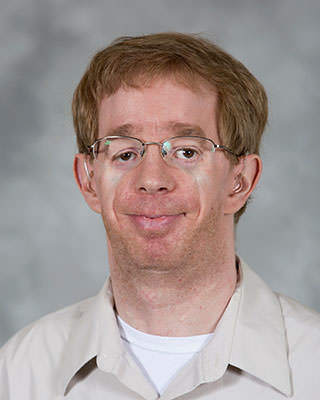We've all been that kid at one time or another: the new kid in class, the
shy or uneasy child reaching out to make new
friends, the new kid in the neighborhood. And as parents, we all hope our child will be the one to offer up a smile and welcoming hello to break the ice.
Teaching and modeling kindness gives children a life skill they will take with them forever.
In a world where
media bombard kids with talk of dislike, impatience and intolerance, teaching kindness is key. Learning the value of being kind to others is an important part of their healthy development―and their role in our communities. And the first lessons on this skill start at home.
Be a good role model.
Children learn to be kind by watching, so be sure you are setting a good example on how to treat others. Think about what words you use when talking about people of a different
race, religion or
culture. Talk with your children about helpful ways to respond to intolerant speech or acts with kindness and support instead of
anger. Think about how you respond to others in your life from the letter carrier, to your child's teachers, to family elders.
Create a culture of kindness in your home. Be sure everyone in the
family is treated with respect and fairness. Make your home a place where everyone can share ideas and ask questions freely without criticism. Remind your children that people come from many different backgrounds, beliefs and family styles―even within your own family. Discuss how those qualities make us unique. Encourage your children to learn more about different races, religions and countries.
Get involved.
Kindness comes out of respect for others. Being active in your child's school and
community activities are great ways for kids to get to know other people from different cultures, beliefs and families. Talk together about groups they can join or activities they can participate in that are designed to bring people together for a common goal.
Step up.
Give your children some ideas for how simple acts of kindness can really make a difference. Younger children can learn to share toys, while older children can learn to support those being singled out or bullied. Encourage your children to step into a "caring and courage zone." This can be by comforting a classmate who is being teased, for example, or reaching out to a new student. If they are not sure how to do this, ask them, if they were new in school, what would make them feel more comfortable? The answer could be anything from a companion for lunch, help finding a locker or a classroom, or something as simple as a smile and hello to make that person feel more welcome.
Parents: Your kids are looking to you for what acceptable behavior is regarding people who look or act different
 "Did your parents give you up for adoption?
This was the first question phrased to me by a parent of a child I was responsible for one day on the wards. I was stunned, but not for the reason you might think.
"Did your parents give you up for adoption?
This was the first question phrased to me by a parent of a child I was responsible for one day on the wards. I was stunned, but not for the reason you might think.
As a person born with Treacher Collins Syndrome, a congenital craniofacial disorder in which the bones of the face, jaws and middle ears are underdeveloped or missing completely, I was used to the staring, pointing, whispering, and snide remarks.
What stunned me was that for the first time, I, as a non-parent, thought about a parent's words dictating to their child what acceptable behavior is regarding people who look or act different.
During my school talks, when I ask the kids what we have control over, our words and our actions come up often. This applies not only to children but also to adults.
It is easy to forget how much kids pick up on by listening and watching others, even when they appear to be occupied with something else."
Read the full AAP Voices blog,
Just Words Hurt, by Dr. Michael L. Goodman, MD, FAAP., here.
Now more than ever, learning to be kind to others is an important lesson and an ongoing process that should take place throughout your child's life.
Teaching children to be kind creates a supportive, positive environment, making children―and those around them―feel better about themselves and others.
More information: